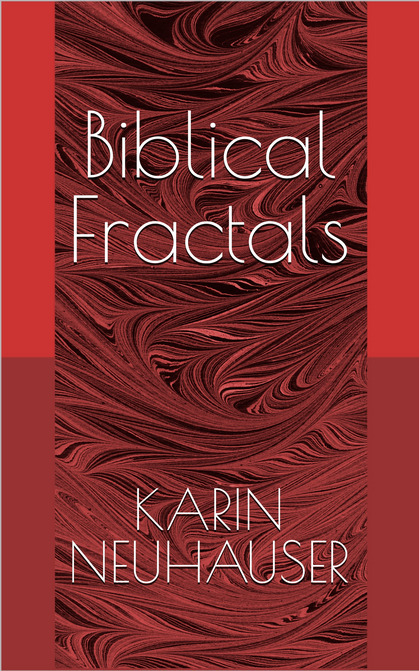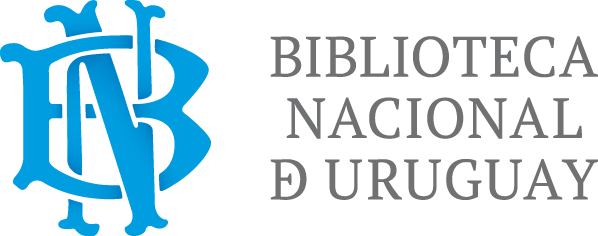
Biblical Fractals
Editorial:Neuhauser, Karin
Materia:FILOSOFÍA Y PSICOLOGÍA
Clasificación:Filosofía
Público objetivo:General
Publicado:2021-11-11
Número de edición:1
Número de páginas:0
Tamaño:4.31Mb
Precio:$220
Soporte:Digital
Formato:Amazon Kindle (.azw)
Idioma:Inglés
Libros relacionados
Constelaciones sistémicas: más allá de lo familiar - Tannus de Mesquita, Claudia
International hanbook of clinical psychology (Vol. 3) - Buela-Casal, G.
En otra vida tal vez - Vidal, Cecilia
Un Foucault situado: biopoder, gubernamentalidad y subjetivación - Craviotto Corbellini, Agustina; Díaz Genis, Andrea; González, Diego; Álvarez Pedrosian, Eduardo; Ramos Monza, Fernanda; Dorta, Germán; Romano, Javier; Chavez Bidart, Jorge; Piquinela Averbug, Pablo; Rodríguez Giménez, Raumar; Gómez Soriano, Rubén; Monetti, Sofía
Reseña
Mine is a straightforward thesis: although we can just start seeing it, the Torah is made of fractals. It has situations, characters, topics and literary structures that are conceptual fractals. Through them, it has been proposing to us a different way of constructing the world, and to relate to God, with the world and with ourselves, which opens unsuspected possibilities of action to us. The book explains what a fractal is, and defines what it calls "fractal relationship" and "conceptual fractal". It shows the main fractals that appear along the biblical text (Pentateuch), through the comments to each parashah (portion that is read each week) drawn up during an annual cycle. Finally, it explores some theoretical and practical consequences of this reading, related, for example, to the way of constructing the Other, of managing alterity, memory, identity or agency, or approaching justice, the environment or the economy, establishing a dialogue with thinkers from different times.




